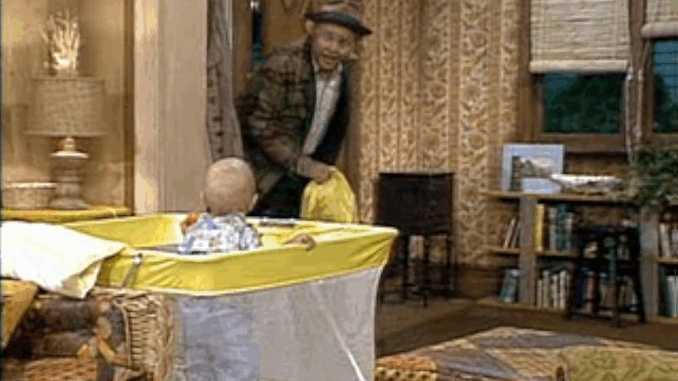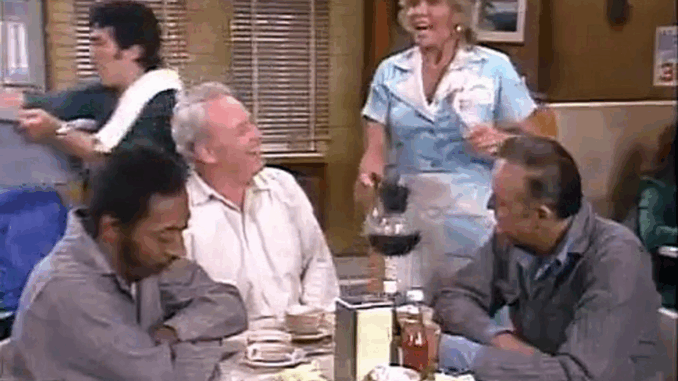
All in the Family built its legacy on bold storytelling — blending humor with real-world complexity — and few episodes capture that better than “Archie’s Brief Encounter.” First aired in 1976, this emotional two-parter took audiences into uncharted territory as the tough, opinionated Archie Bunker faced a deeply personal moral crisis.
👤 A Different Side of Archie
With Edith away caring for a sick relative, Archie finds himself adrift — lonely, unsettled, and emotionally exposed. In that vulnerable state, he meets Denise, a kind waitress who offers him comfort, companionship… and a hint of temptation. What starts as harmless conversation slowly evolves into something more complicated, as Archie is pulled between fleeting desire and the lasting bond he shares with Edith.
For a character often seen as emotionally guarded and resistant to change, this moment of weakness felt surprisingly raw. It peeled back the layers of Archie’s bluster, revealing his humanity — and his heartbreak.

🎭 Humor With Heart — and Depth
True to the spirit of the show, “Archie’s Brief Encounter” balances comedy with real emotional stakes. Archie’s confusion, guilt, and awkwardness create moments of humor, but beneath the laughs lies something deeper: a meditation on loyalty, aging, loneliness, and the fragility of love.
In the end, Archie doesn’t betray Edith — but the experience leaves a lasting impression. The emotional line may not have been crossed, but the internal conflict is undeniable, and the lesson is clear: even the strongest marriages can face silent tests.
🌟 A Lasting Impact
This storyline remains one of the most memorable and mature in All in the Family’s run. It’s not just about infidelity or temptation — it’s about vulnerability, about what happens when routine is disrupted and feelings are exposed. It dared to show that even Archie Bunker — brash, rigid, and seemingly unshakable — could falter, reflect, and grow.
“Archie’s Brief Encounter” is a standout moment in television history, reminding us that real strength sometimes lies in restraint — and that love, in its truest form, endures even the hardest questions.